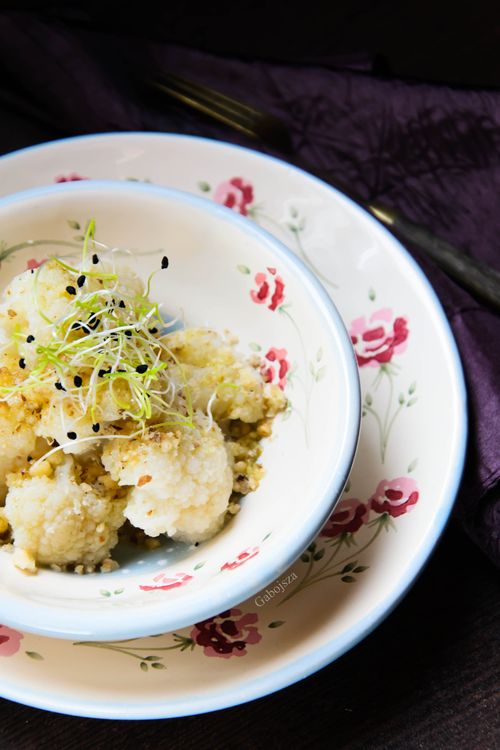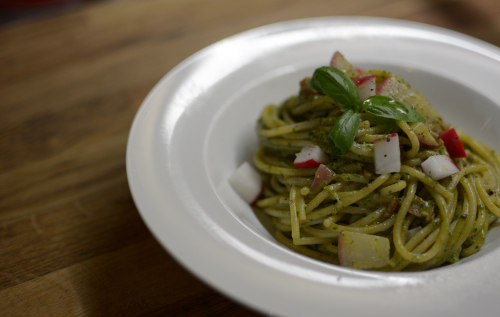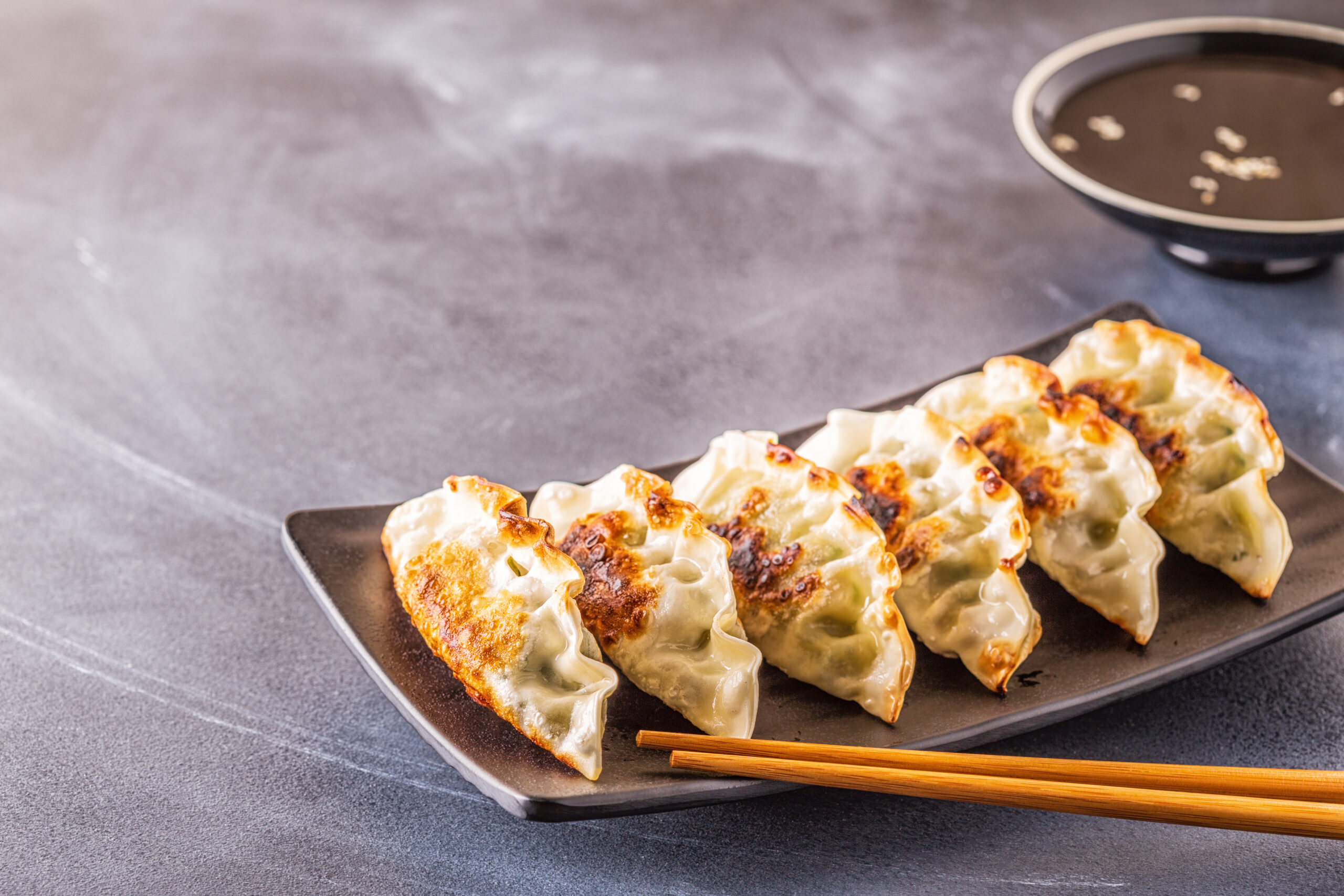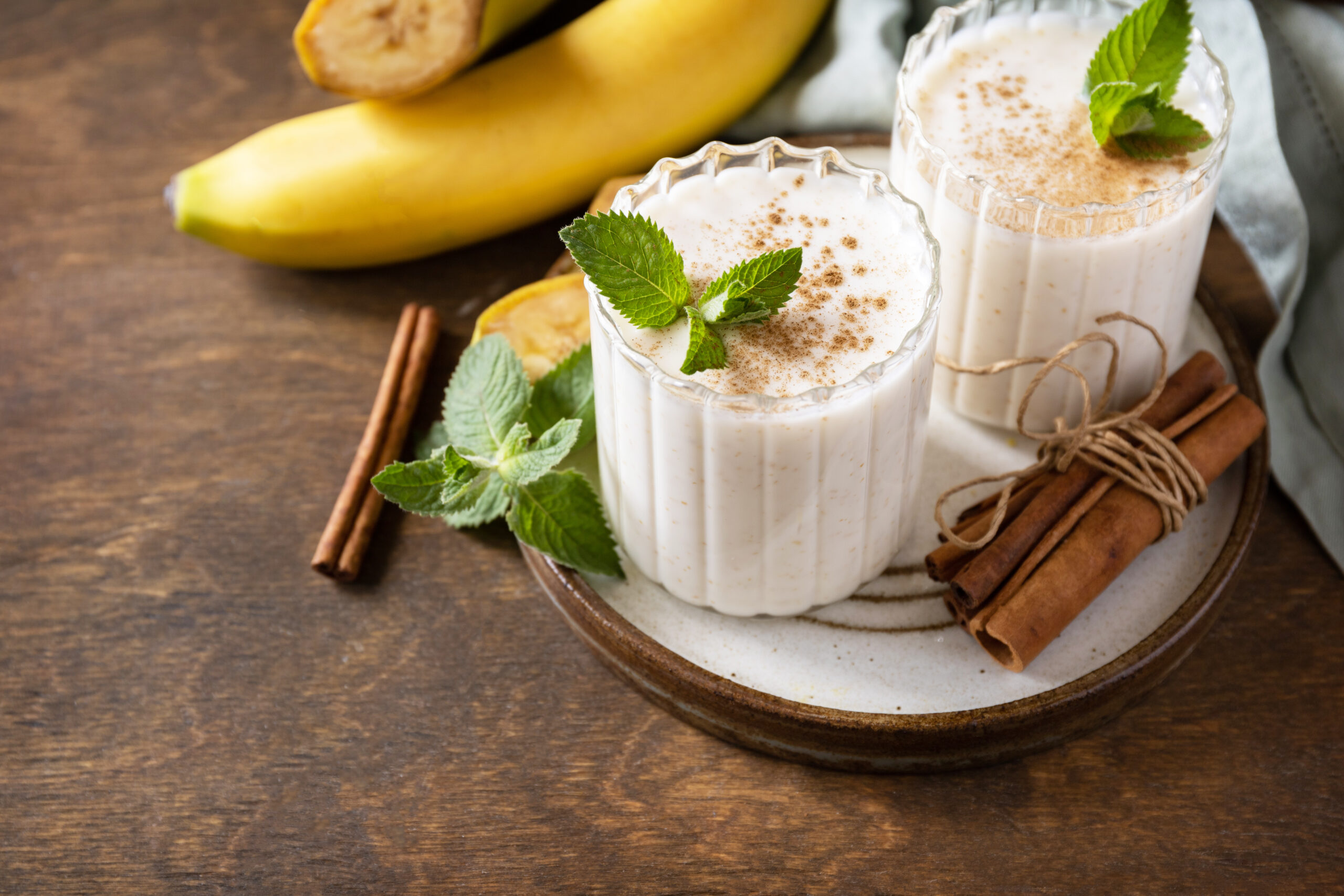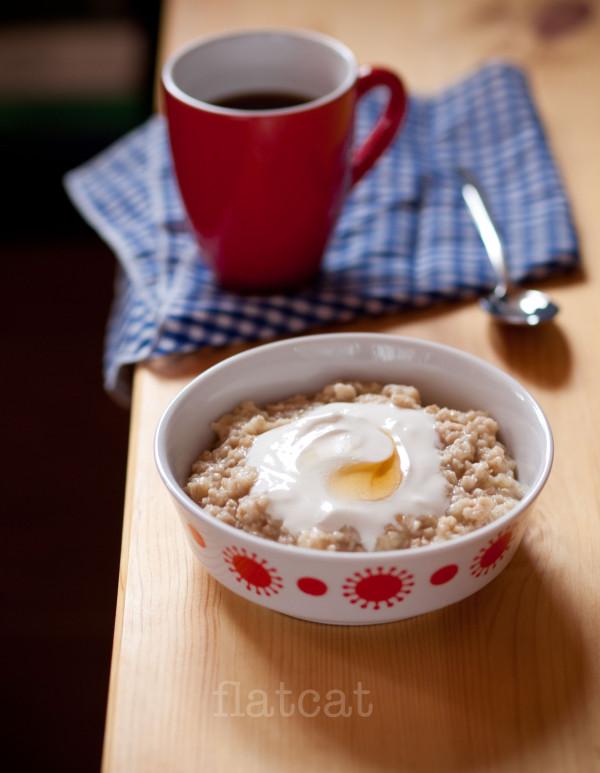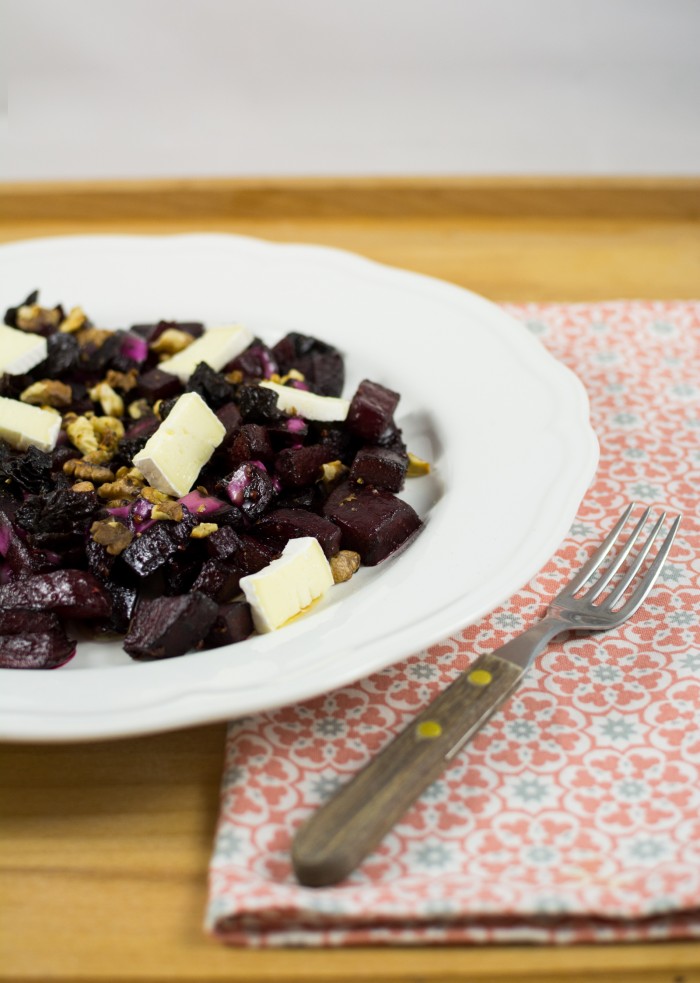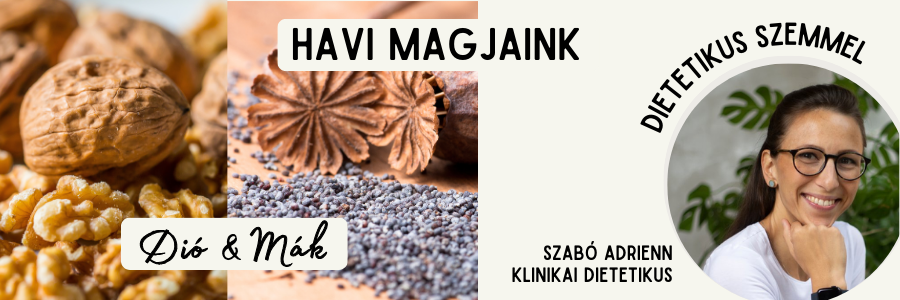
Weight loss, cancer prevention, treating constipation, living beautifully and healthily for 100 years…
Despite being a complex topic, we aim to probe experts (whether they are doctors, dietitians, naturopaths, or Chinese medicine practitioners) until we extract a keyword, a magic word that could make achieving our goals easier.
Today, everyone knows that maintaining health and preventing diseases involves the entire social environment, lifestyle, and mental well-being. However, there is a tendency to oversimplify this and focus solely on lifestyle, emphasizing exercise and nutrition.
Yet, if we focused not on NUTRIENT INTAKE or DIET but rather on EATING, we would already establish a more complex connection with our overall health.
The key to healthy EATING:
- Reduce saturated animal fats, animal proteins, and refined carbohydrates.
- Increase intake of unsaturated, plant-based fats, plant proteins, and complex carbohydrates (fiber).
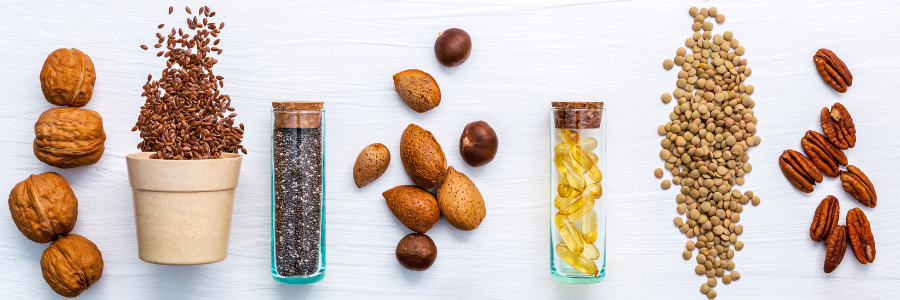
Eat healthier, consume walnuts and poppy seeds!
- are significant plant-based protein sources (walnuts ~15 g/100 g, walnut cream ~26 g/100 g, walnut flour 47 g/100 g, poppy seeds ~18-20 g/100 g, poppy seed flour ~35 g/100 g).
- have outstanding content of unsaturated fats (walnuts ~60%, poppy seeds ~40%), containing essential omega-6 and omega-3 fatty acids.
- have low carbohydrate content (walnuts ~7 g/100 g, poppy seeds ~8 g/100 g), mostly characterized by complex, non-absorbable fiber. The glycemic index and load of poppy seeds and walnuts are very low because the minimal carbohydrates present in them, due to their complexity and the accompanying fat and protein content, are absorbed very slowly. Individuals with diabetes can confidently consume them alongside strict insulin and dietary therapy without counting the carbohydrate content – of course, if not consumed in excessive amounts (typically one closed handful, around 20-30 g).
- are significant sources of micronutrients (vitamins, minerals), including:
- Magnesium, supporting the nervous system and muscle function (both heart and skeletal muscles).
- Zinc, essential for immune functions.
- Vitamin E with antioxidant and anti-inflammatory effects.
- Potassium, promoting neurotransmission and intestinal muscle movement, hence aiding in reducing bloating.
- Copper, contributing to connective tissue integrity and skin elasticity.
- Iron, indispensable for oxygen supply and blood formation.
- As a result, these physiological effects are associated with the prevention of numerous lifestyle-related diseases
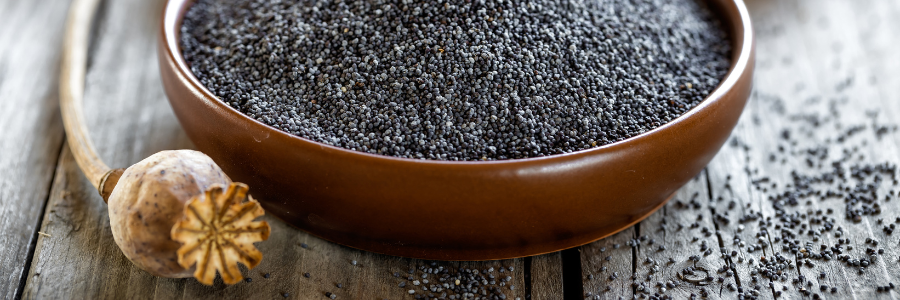
About poppy seeds
- Poppy seeds are a true Hungarian specialty, something we can be proud of not only for its taste but also for its health benefits.
- It boasts a high plant-based protein content (~18-20 g/100 g, fun fact: similar to chicken breast), which can be further enhanced when used as flour (~35 g/100 g). In today’s ecological context, this is especially advantageous.
- Although its carbohydrate content is not negligible (~25 g/100 g), the highest proportion (~80%) consists of non-absorbable, complex carbohydrates, meaning fiber, not simple sugar. This is crucial for those (typically women due to anatomical factors) dealing with constipation issues or those who require slower carbohydrate absorption (in cases of metabolic diseases). In reality, it is beneficial for everyone because fibers play a significant role in preventing civilization-related diseases.
- It contains nearly half (~45%) plant oil, making it high in energy. Its essential, polyunsaturated omega-6 (linoleic acid) fatty acid content is significant, playing a key role in lowering cholesterol levels, contributing to cardiovascular protection.
- Its calcium content is exceptional (~1500 mg/100 g – daily requirement approximately 1000 mg), making it the most significant among oily seeds for preventing osteoporosis. However, this effect is most pronounced in ground or flour form since the utilization is hindered by anti-nutrient content (fiber, phytic acid) found in the whole seeds. Poppy seed oil has a great taste, but contrary to common belief, it is not suitable for calcium supplementation as it only contains fat-soluble vitamins and active ingredients (e.g., vitamin E).
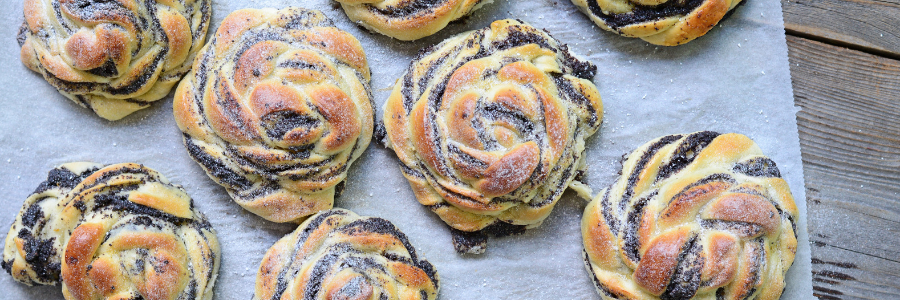
About walnuts
Walnuts are a true superfood, even more so than trendy cashews or pistachios, and they stand out among other nuts due to their significant and unique fatty acid content. They are worth consuming daily for vegans and omnivores alike.
- Not only is their essential polyunsaturated omega-6 (linoleic acid) content higher, but they are truly sensational due to the presence of essential, naturally less common omega-3 (alpha-linolenic acid).
- Their mineral, vitamin (especially vitamin E) and antioxidant content make them valuable for supporting the immune system, preserving cognitive performance, protecting the cardiovascular system, and even for maintaining the integrity of our skin, enhancing our beauty.
- They are not a significant source of plant-based protein (~15 g/100 g, reaching ~26 g/100 g in the case of walnut cream)
- Because of their susceptibility to free radical formation, commonly known as rancidity, it is crucial to store walnuts in a cool, dark place, and walnut oil is suggested to be kept in the refrigerator.
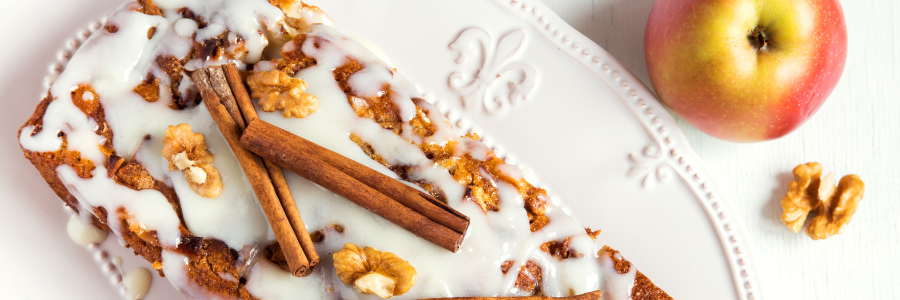
Until now, we’ve discussed nutrition and nutrient intake; let’s explore the key to healthy EATING!
- First and foremost, consuming foods that we enjoy (poppy seed pasta, golden dumplings with plenty of walnuts).
- Do not be afraid of the materials (“poppy seed roll makes you gain weight,” “walnut cream is fatty”).
- Connecting with nature, an elemental instinct within us, even if we’re not consciously aware of it (opting for whole walnuts rather than protein powder).
- Embracing traditions inherent to our culture (poppy seed bread pudding, linzer cookies sprinkled with walnuts).
- Exploring exciting, new flavors (homemade walnut and roasted vegetable patties instead of processed store-bought “meat” patties).
- Environmental awareness and responsibility have scientifically proven positive effects on our mental well-being; we can experience this through our food choices (using whole poppy seeds instead of chia seeds in oatmeal for a black, crunchy touch).
- In summary, the key to healthy eating involves enjoying food, appreciating raw ingredients, connecting with nature, embracing cultural traditions, exploring new flavors, and being environmentally conscious in our food choices.
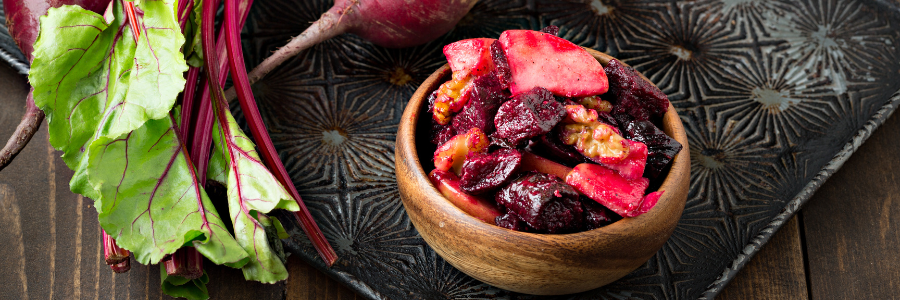
We delve into another interesting area concerning high-protein seeds, especially as we wade through Veganuary.
Few nutrients receive as much attention from health-conscious societies and the food and fitness industry as protein. This is partly understandable because:
- Proteins are essential components of our cells.
- About 20% of our body consists of protein.
- Dietary protein (amino acids) is crucial for building our own proteins (e.g., muscles) and producing nitrogen-containing compounds (e.g., hormones).
- Since we don’t have protein storage, in case of deficiency, our bodies break down our muscles.
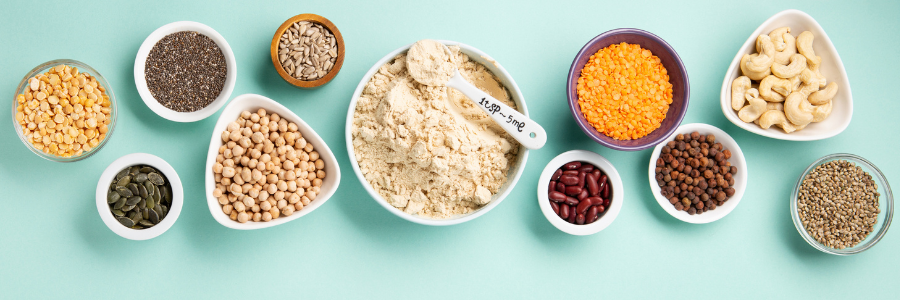
Due to all these reasons, proper protein intake is crucial, which is why dietitians like us pay special attention to it in specific life situations. However, most of us, thankfully, don’t need protein powders! Nature is well aware of our protein needs, and it abundantly provides them in meats, fish, dairy products, eggs, and yes, in plant-based protein sources too, such as whole grains, legumes, and oil seeds.
It’s an international professional consensus that we can meet our protein requirements with plant-based sources at any age. The consensus emphasizes natural food sources, not specialized supplements.
Covering our protein needs with healthier, tastier, more varied, and environmentally friendly foods is more advisable than relying on protein powders!
Check out our podcast about nuts and seeds on our YouTube channel!
*The most important lifestyle related diseases: gastrointestinal cancers, breast tumors, cardiovascular diseases, heart attack, atherosclerosis, dementia, depression, inflammatory bowel diseases, diverticulosis, inflammatory processes, diabetes, dysbiosis.

